Blog
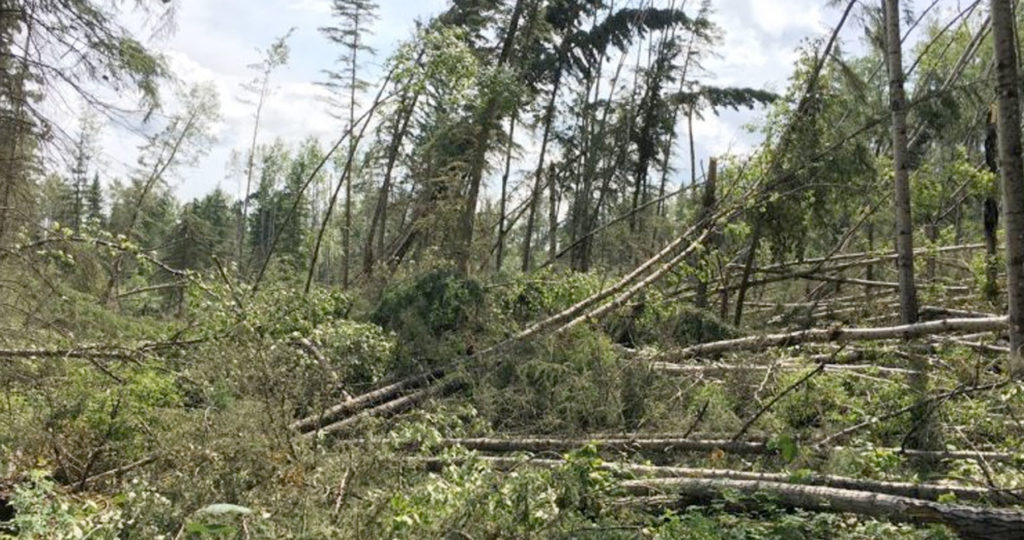
May 9, 2019
Wind Storm in the Slave Lake Region Aids in the Discovery of Giant Archaeological Site.
In July of 2017, some forests in the vicinity of Slave Lake experienced catastrophic blow down when a fast moving storm swept through central Alberta. The large storm system caused high winds and localized flooding in many areas, including Slave Lake and Edmonton. It also dropped golf ball sized hail on Drayton Valley and spawned
Keep Reading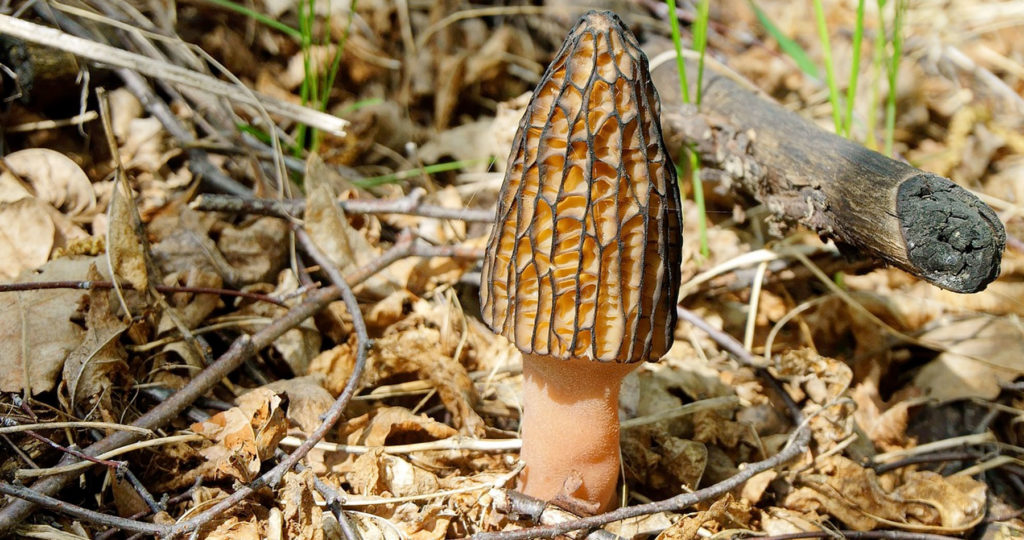
April 24, 2019
Edible Plant Series – Wild Mushrooms
For this installment of the Edible Plant Series I decided to take a bite out of mushrooms. Before I get into the bread and butter of this topic, I must first do what everyone must do when they are discussing eating wild mushrooms. I must state: DO NOT EAT ANY MUSHROOMS THAT YOU CAN NOT
Keep Reading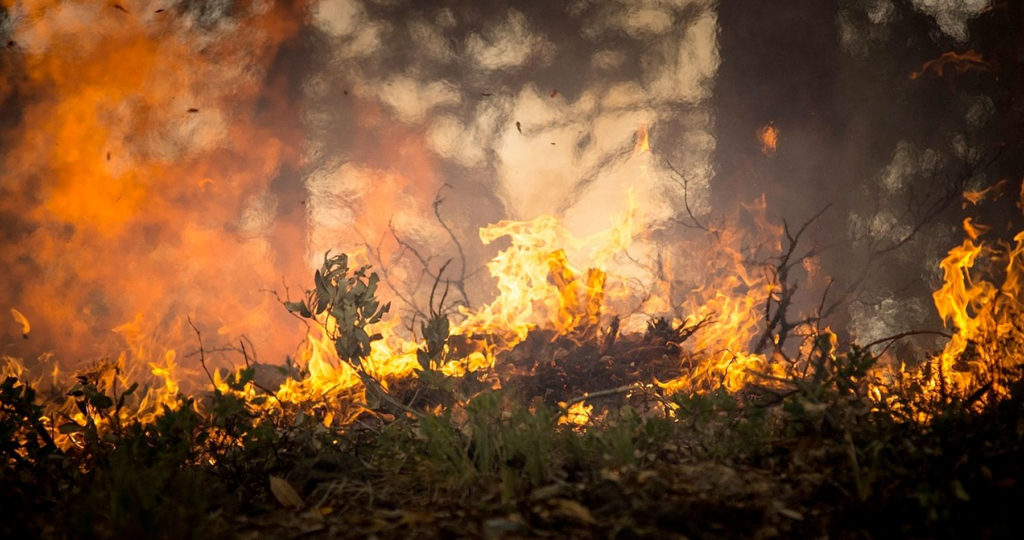
April 17, 2019
Wildfire and Archaeology: The good, the bad, and the opportunity
In recent years, wildfires in Canada and the United States have brought devastation to many communities. In the last 10 years, wildfires have burned nearly two million hectares of land in Canada alone. Human intervention, aimed at stemming the destruction wrought by wildfires during the last century, has actually increased the threat of large fires
Keep Reading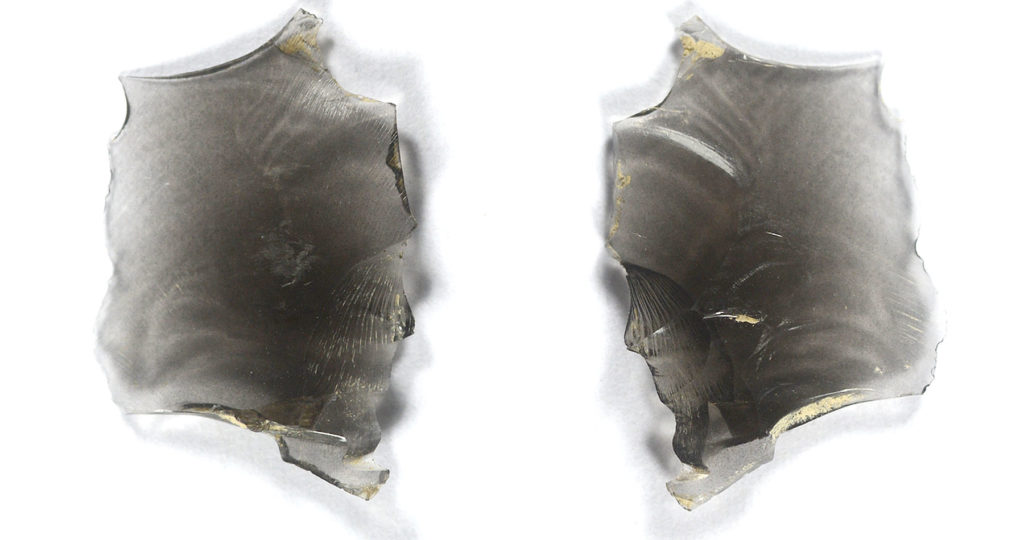
April 4, 2019
Where does the Obsidian we find come from?
Obsidian is a volcanic glass that was used by pre-European contact people all over North America. Known for its natural sharpness, ancient peoples sought the material for making tools for cutting and slicing. Additionally, it is easier to flintknap than the harder and more readily available materials local to Alberta. As many of our readers
Keep Reading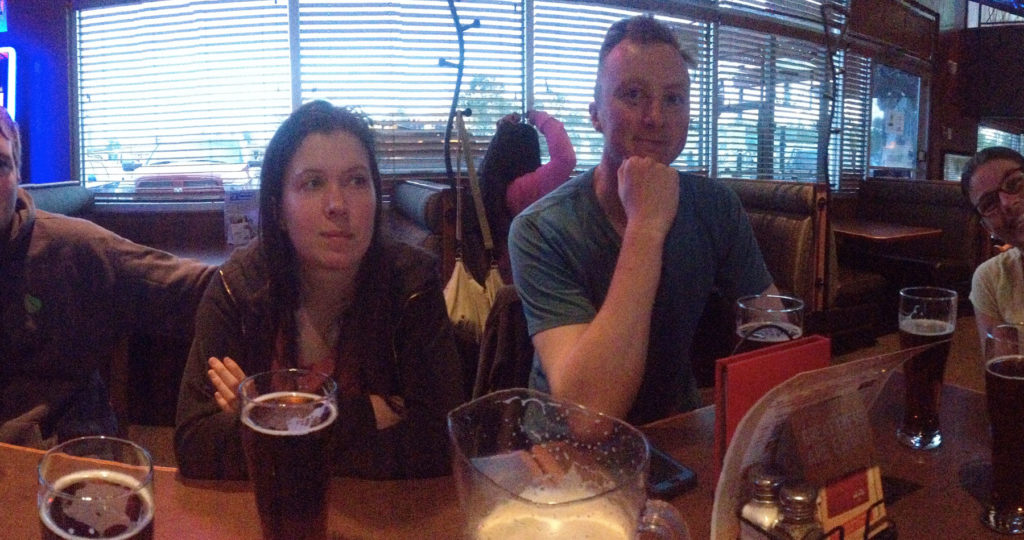
April 1, 2019
Food on the Road
It’s the little things that keep you going during a 10 day survey shift, and we archaeologists at Tree Time Services Inc. all have our own favorite go-to food depending on where we are in the province. For this week’s post, I decided to ask my fellow archaeologists what their favorite on the road food
Keep Reading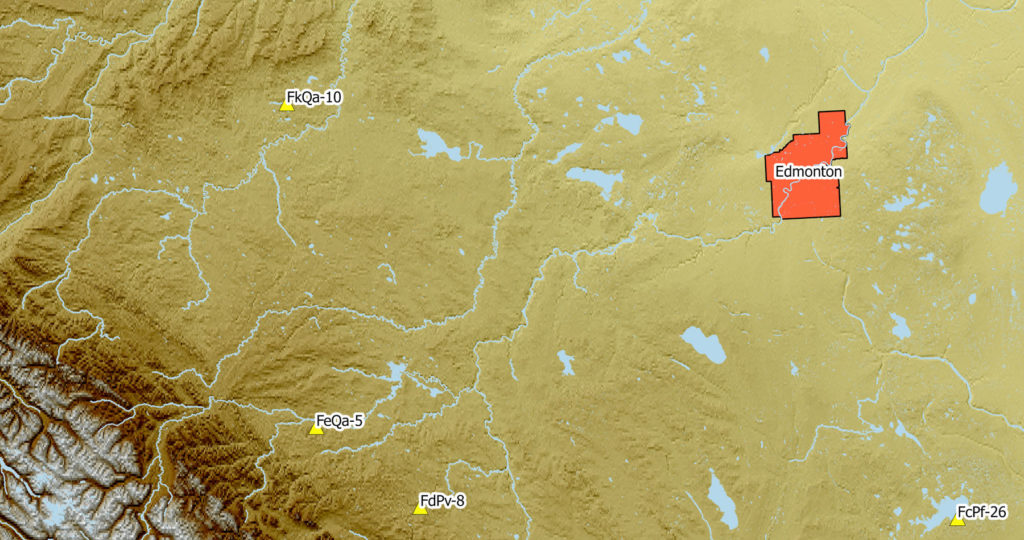
March 25, 2019
Top Ten Sites of 2018!
Now that all the reporting is done, we thought it was a good time to look back on some of the exciting sites we worked on from the past year. We find over 100 sites every year but these sites stand out either because we found interesting artifacts or the site is unique. It doesn’t
Keep Reading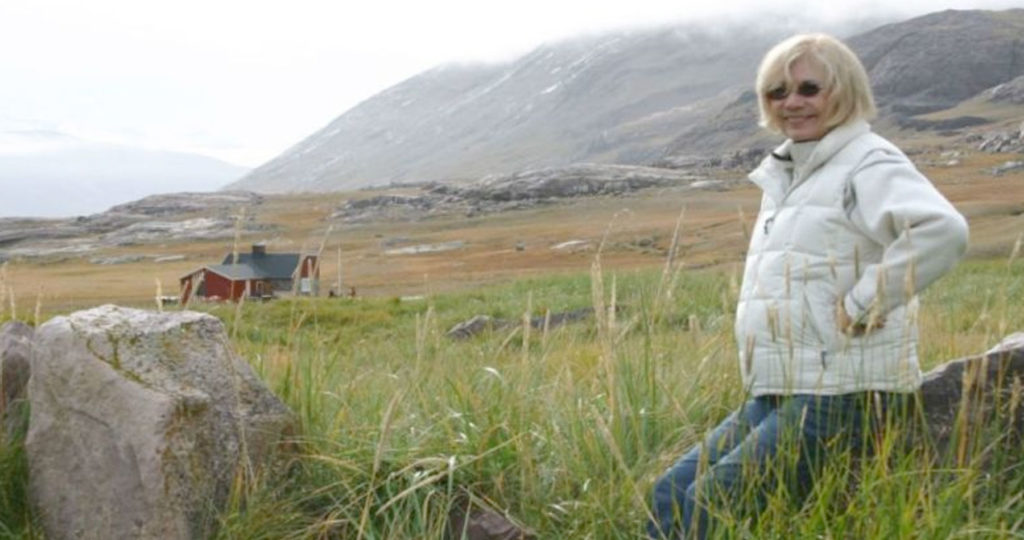
March 8, 2019
Birgitta Wallace
In honour of International Women’s day we will explore the life and studies of Birgitta Wallace. She is a Swedish-Canadian female archaeologist and expert on Norse archaeology in North America. Born in 1944, Birgitta Wallace studied and received her degree in her home country, Sweden. She studied at Uppsala University and underwent field training in
Keep Reading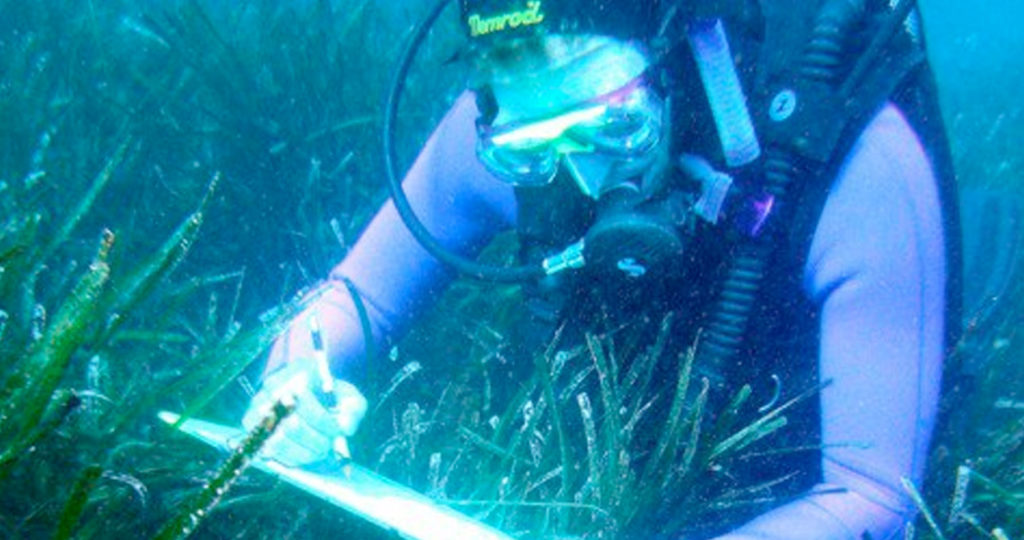
February 25, 2019
Underwater Archaeology – Sanisera Field School
Ever wanted to combine a hobby you enjoy with work you are passionate about, like scuba diving and archaeology? In 2013 Vince and I did just that. Archaeologists tend to be naturally curious people, always wondering “what’s over there?” or “what’s under that?”, so its not surprising that many archaeologists also enjoy scuba diving. There
Keep Reading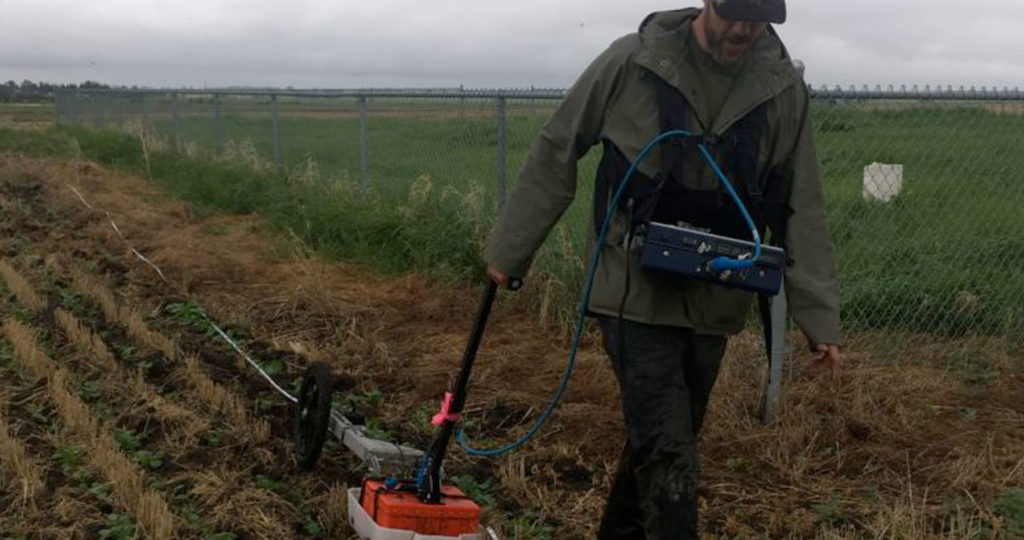
February 18, 2019
Ground Penetrating Radar
Ground-Penetrating Radar (GPR) is the process of sending radiowaves through the ground. As these radiowaves pass through the ground, any change in the subsurface materials will cause some energy to be reflected back to towards the surface while the remaining energy continues deeper. This information is recorded by a receiver which records the time it
Keep Reading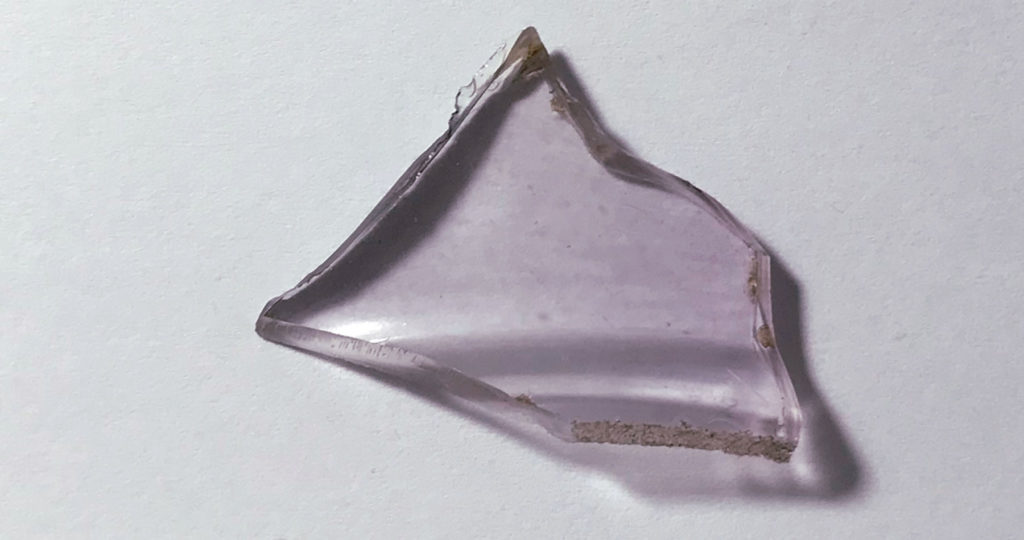
February 11, 2019
Purple Glass = Pre World War I
When we find post-European contact sites in Alberta we find a variety of historic resources including: cabins, ceramics, metal, and glass. The style of each of these can be a good indication of age and, in particular, glass has several features we look for. This includes molds, pontil marks (Figure 2), lip forms (Figure 1),
Keep Reading